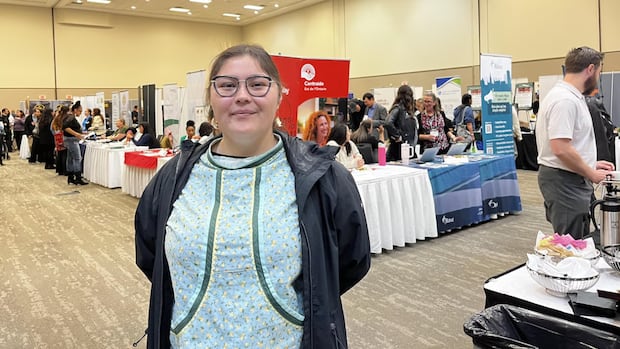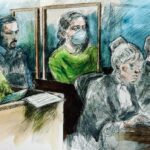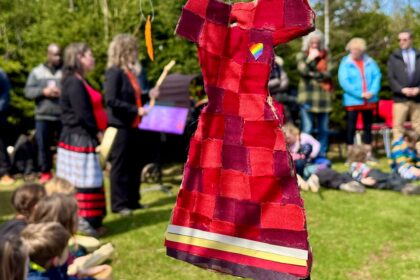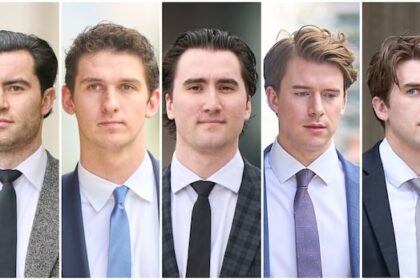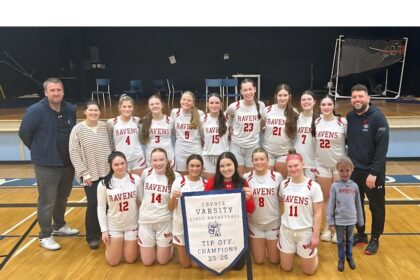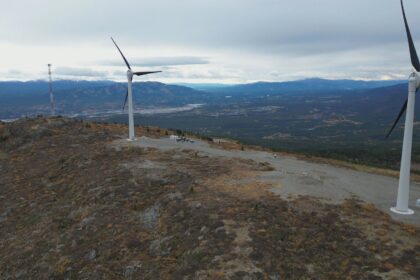OttawaAn Ottawa Aboriginal Coalition career fair connected over 70 employers with hundreds of job seekers. Some attendees say they’ve been job searching for years.Unemployment rate higher for Indigenous people in OntarioMarissa Meilleur · CBC News · Posted: Oct 25, 2025 4:00 AM EDT | Last Updated: 1 hour agoListen to this articleEstimated 3 minutesStephanie Mikki Adams is the co-chair of the Ottawa Aboriginal Coalition. She says the coalition organized the fair to connect community members with employers. (Alexandra Angers/Radio-Canada)Michayle Hay, an Inuk Ottawa resident originally from Igoolik, Nunavut, has been job searching for two years.She said she’s gotten one call back for a six-month contract, which she plans to pursue. Even if she gets that job, she said she’ll still feel stuck in a long search seeking a more permanent position. “It’s a bit difficult,” she said. “It made me feel, I don’t know, hopeless, maybe useless.”Hay volunteered at the Ottawa Aboriginal Coalition’s career fair Thursday in hopes of connecting with more employers face-to-face.The fair brought in hundreds of people for workshops and to meet more than 70 employers representing industries such as construction, government and Indigenous service providers.Stephanie Mikki Adams, the coalition’s co-chair, said the fair and coalition’s broader work can hopefully help address a problem many clients face.“We hear about a lot of high unemployment [rates] within our Indigenous community, and so what we try to do is connect them with employers that are seeking certain types of skills,” she said. “If they do not (have those skills), we provide them with the proper training or workshops so that they can become employable.” WATCH | Scenes from Thursday’s fair:Finding community and work: how an Indigenous job fair hopes to create connectionsCBC’s Marissa Meilleur spoke with Indigenous job seekers at an employment fair about the challenges they face finding work. About 12 per cent of Métis and First Nations people living off-reserve in Ontario are unemployed, according to the latest Ontario government labour report from August. That compares to about eight per cent for non-Indigenous Ontarians.In August 2023, the rates were about eight per cent for those Indigenous groups and six per cent for non-Indigenous people.“I believe it could be higher due to the barriers for Indigenous people to go to school, barriers to get funding to go to school, the lack of inclusion inside workplaces, a lack of understanding of the historical injustices that First Nations, Inuit and Métis have had to face in the past,” Adams said.Search for community, stabilityAshley Stephens moved to Ottawa from Iqaluit last summer and her six-month job search brought her to the career fair. She said searching for a job in an unfamiliar place can be an extra challenge for some Indigenous people in Ottawa.“You miss a part of that home. I’ve been trying to find a community here, and I thought today would be a great day to come out and see what’s out here.”Ashley Stephens’s six-month job search brought her to the fair. She says searching for a job outside of her home community is challenging. (Alexandra Angers/Radio-Canada)Others such as Scott Sinquah, a hoop dancer and cultural presenter, are employed, but attended the fair to find a more permanent role.“I think it’s important to look toward our future and for our family, so I think having a nine to five job would be something more stable and something to look forward to.”As a member of the Gila River Pima and the Hopi Nation, he felt the Indigenous-led fair was a perfect fit to start his job search.“It’s very progressive that the Indigenous organizations hold something for the Indigenous community,” he said.Elder Irene Compton opens the coalition’s job fair with a traditional song. ( Alexandra Angers/Radio-Canada)Adams said interest for this year’s second annual fair grew a lot since the first year, with more than double the number of employers. She says plans are already underway to expand for next year.ABOUT THE AUTHORMarissa Meilleur is a reporter for CBC Yukon in Whitehorse. She is a member of the Kwanlin Dün First Nation and she is studying journalism and political science at Carleton University.
Wednesday, 4 Feb 2026
Canada – The Illusion
Search
Have an existing account?
Sign In
© 2022 Foxiz News Network. Ruby Design Company. All Rights Reserved.
You May also Like
- More News:
- history
- Standing Bear Network
- John Gonzalez
- ᐊᔭᐦᑊ ayahp — It happened
- Creation
- Beneath the Water
- Olympic gold medal
- Jim Thorpe
- type O blood
- the bringer of life
- Raven
- Wás’agi
- NoiseCat
- 'Sugarcane'
- The rivers still sing
- ᑲᓂᐸᐏᐟ ᒪᐢᑿ
- ᐅᑳᐤ okâw — We remember
- ᐊᓂᓈᐯᐃᐧᐣ aninâpêwin — Truth
- This is what it means to be human.
- Nokoma


